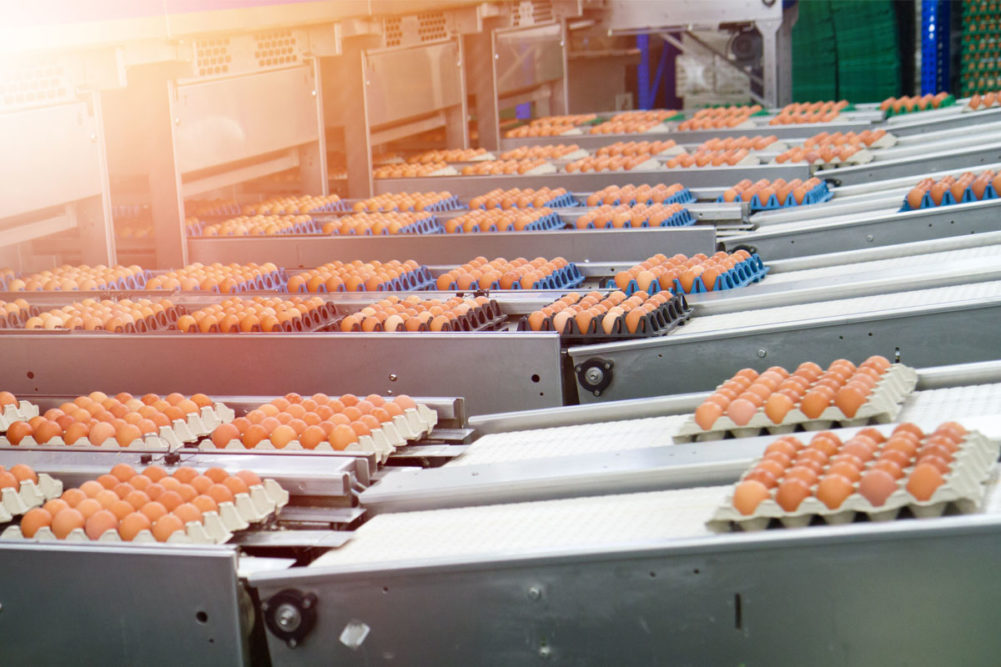WASHINGTON — On Feb. 9, the National Chicken Council (NCC) petitioned the Food and Drug Administration to reexamine a policy that directs the broiler industry to destroy surplus eggs.
With the persisting spread and effects of highly pathogenic avian influenza (HPAI), US egg prices have continued to rise, reaching new records. In 2022, egg prices surpassed record highs three separate times. NCC believes a policy modification to the Shell Egg Rule could help counteract the diminishing egg supply.
“In light of the pressure the current HPAI outbreak is putting on the nation’s egg supply, FDA should revisit the use of safe, affordable and nutritious surplus eggs available for use by egg breakers and their customers,” said Ashley Peterson, PhD, NCC senior vice president of scientific and regulatory affairs. “Already faced with record egg prices, consumers might be hit even harder in their wallets as we head into the Easter season unless FDA provides us with a pathway to put these eggs to good use.”
Broiler hatcheries at times have more eggs on hand than what they want to hatch. Before FDA issued new regulations in 2009, the hatcheries could sell the surplus eggs to egg processors.
“As a direct result of the 2009 FDA rule, broiler producers stopped selling surplus hatching eggs to egg breakers and instead are forced to render or throw these eggs away, often at an additional cost,” NCC said.
The Shell Egg Rule requires that shell eggs, which include surplus broiler eggs, are refrigerated soon after the time of lay. The rule has cost the broiler industry more than $27 million annually to follow the new regulations, NCC noted.
NCC estimates that a policy change could release nearly 400 million safe and nutritious surplus eggs into the nation’s egg supply each year.


